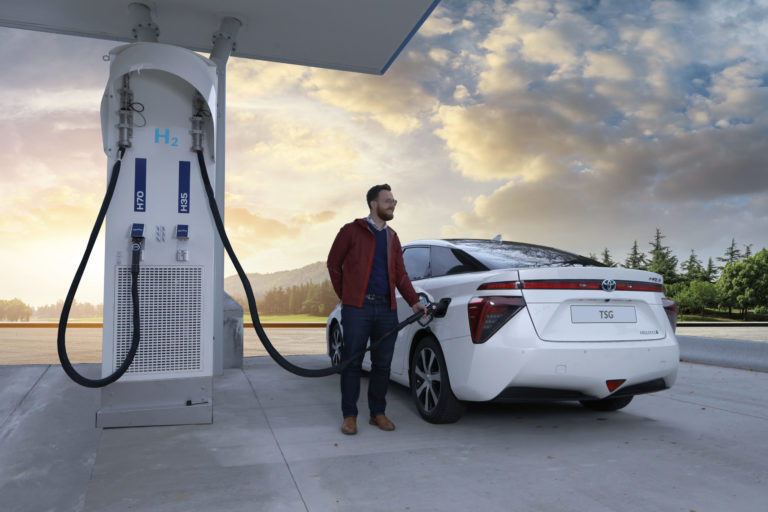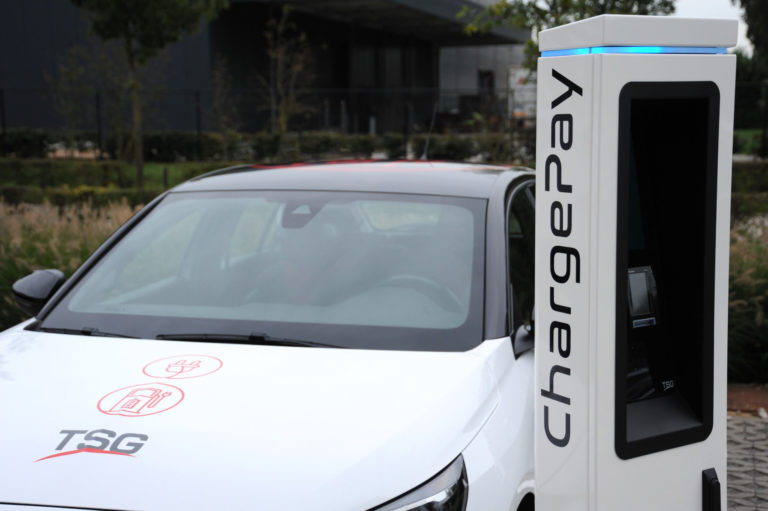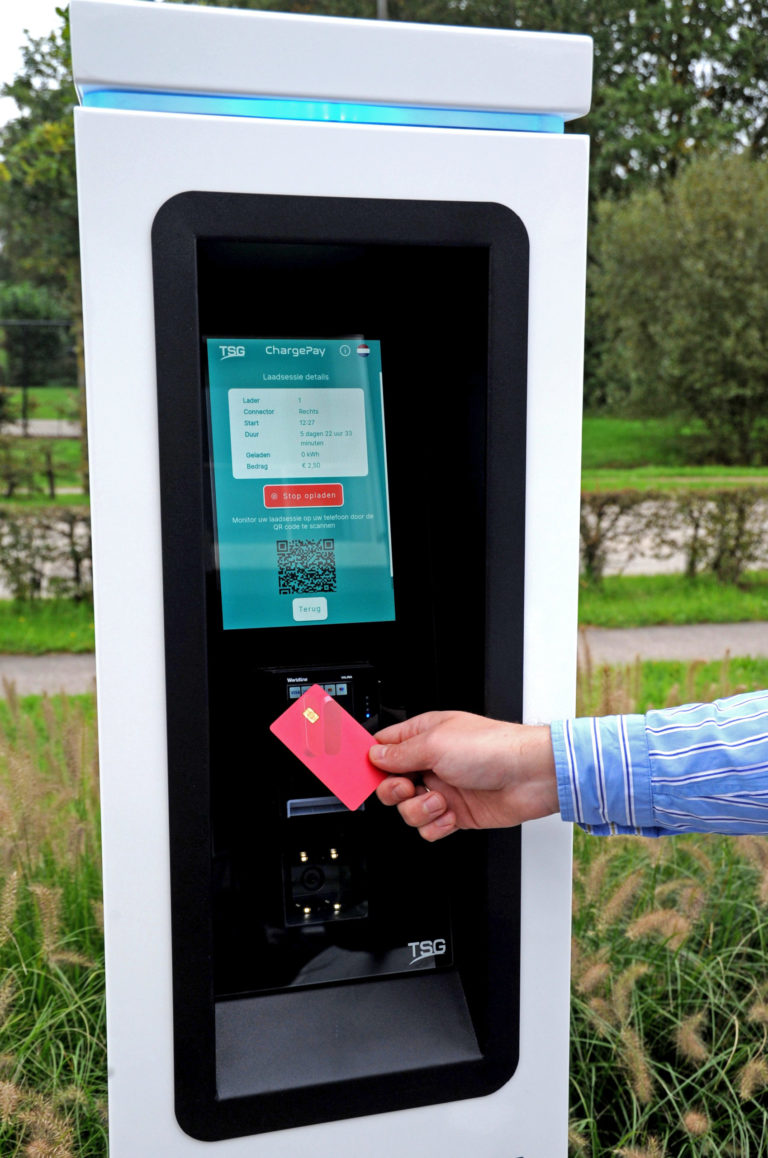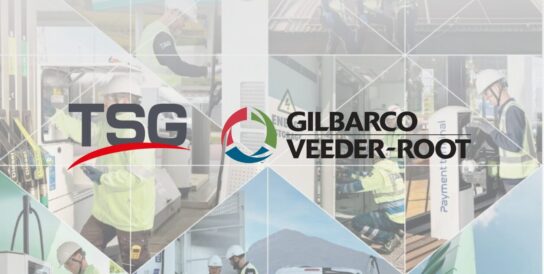On 13 April 2024, the Alternative Fuels Infrastructure Regulation (AFIR) came into force in the European Union (EU). AFIR establishes deployment targets for European countries to enhance the infrastructure for alternative fuels. This will promote sustainable mobility and facilitate the shift from fossil fuels to alternative, zero-emission energy sources such as electricity and hydrogen, for both light and heavy vehicles.
Why is AFIR an important milestone?
AFIR is part of the Fit for 55 policy, a regulatory incentive created by the EU to encourage the adoption of different energy options. It establishes a minimum target for all European Member States with the aim of standardising the uneven distribution of infrastructure, including publicly accessible recharging hubs and hydrogen (H2) stations. The goal is to improve public capacity across Europe by addressing three key points:
- minimum requirements for new energy infrastructure
- payment enablement
- information transparency
For example, AFIR stipulates that fast-charging stations with a minimum output of 300kW must be installed every 60 km along the core trans-European transport (TEN-T) network, which covers the main transport corridors in the EU. These stations need to be capable of recharging cars and vans from 2025 and should have at least one recharging point with power output of at least 150 kW or more.
The regulation also stipulates that by 2025, at least 15% of the TEN-T networks must have publicly accessible charging stations with a minimum output of 1400kW and recharging points with a minimum output of 350kW for heavy-duty vehicles.
What are AFIR requirements for electric vehicle (EV) recharging infrastructure?
AFIR sets incremental requirements for the number and power of recharging stations, with several key milestones until 2035.
All public recharging hubs must have a payment terminal in order to accept electronic payments.

What are AFIR requirements for hydrogen refilling infrastructure?
The same regulations that apply to EV charging apply to hydrogen refilling. Customers with H2-powered vehicles must be able to see the price before their refilling session starts and complete the payment transaction through a terminal or device that reads payment cards or has contactless functionality. In both cases, the payment process should be easy for customers, without the need for a subscription.
Moreover, hydrogen refuelling stations will need to be more widely distributed on the TEN-T core network. From 2030 onwards, cars and trucks must be able to stop and refill with H2 every 200 km on these roads. European countries must ensure that the H2 refilling stations have a minimum cumulative capacity of 1 tonne per day and are equipped with at least one 700-bar dispenser.
What exactly is meant by transparency and ease of payment?
Since the advent of EVs, there were many ways to charge drivers for the energy they use: by kWh, by minute, a combination of both, with or without a charge fee, and so on. However, chargers do not always display the cost of electricity and other fees that apply during each transaction.
Moreover, customers with EVs had to rely on e-Mobility Service Providers (eMSPs) and apps to be able to pay to recharge their cars. Subscriptions and dedicated recharging cards have been the standard method of payment until now. However, in practice, the payment process has become more complicated and less transparent.

AFIR addresses these two challenges by stipulating that customers must know the price they will pay for their energy before recharging or refilling. They should also have the option to pay using regular electronic payment methods. The different price components must be made clear to drivers, and businesses need to indicate all the charges and fees in a simple and transparent way. Prices must be reasonable, easily and clearly comparable, transparent and non-discriminatory. This includes not discriminating between prices charged to users and to mobility service providers, or between different mobility service providers. Any price differences should have an objective justification.
The goal of AFIR is to provide end users with electronic payment options, through terminals and devices – including payment card readers, contactless devices or QR codes. It aims to make the payment process for alternative energy as straightforward as paying for traditional fuel. This means debit and credit cards, or even the QR code in some cases, if there is a direct link to the customer’s banking or payment app. Operators must provide a payment card reader for all chargers with a power output of 50kW or more.
AFIR also regulates that all chargers, by 2027, must show the price components and allow electronic payment. This includes older chargers that do not have screens and must go through a retrofit process to provide consumers with full information before they start recharging their vehicles.

How TSG can support your company with AFIR
As the European leader in technical solutions for responsible mobility, TSG has continuously provided solutions for EV and hydrogen infrastructure installation and transparent payment. With the expansion of our competencies in recent years, we have delivered projects in line with AFIR requirements to our many different customers.
- TSG has installed and maintained EV and hydrogen infrastructure for various customers over the years. For EVs, from service stations to destination charging customers, we have developed solutions for light vehicles and vans, and are now creating projects to electrify e-trucks and e-buses, supporting customers in the transition to new mobility. We design, install and maintain hydrogen stations across Europe to the highest safety standards, providing clean energy options and helping our customers transition to new mobility.
- We enable payment solutions that meet all security compliance standards (Payment Card Industry Data Security Standards – PCI DSS) and the transparent and easy payment process required by AFIR. Our recent developments include the creation of various solutions that enable electronic payment for EVs.
Find out more about how we can help your company meet AFIR standards. Contact us.



